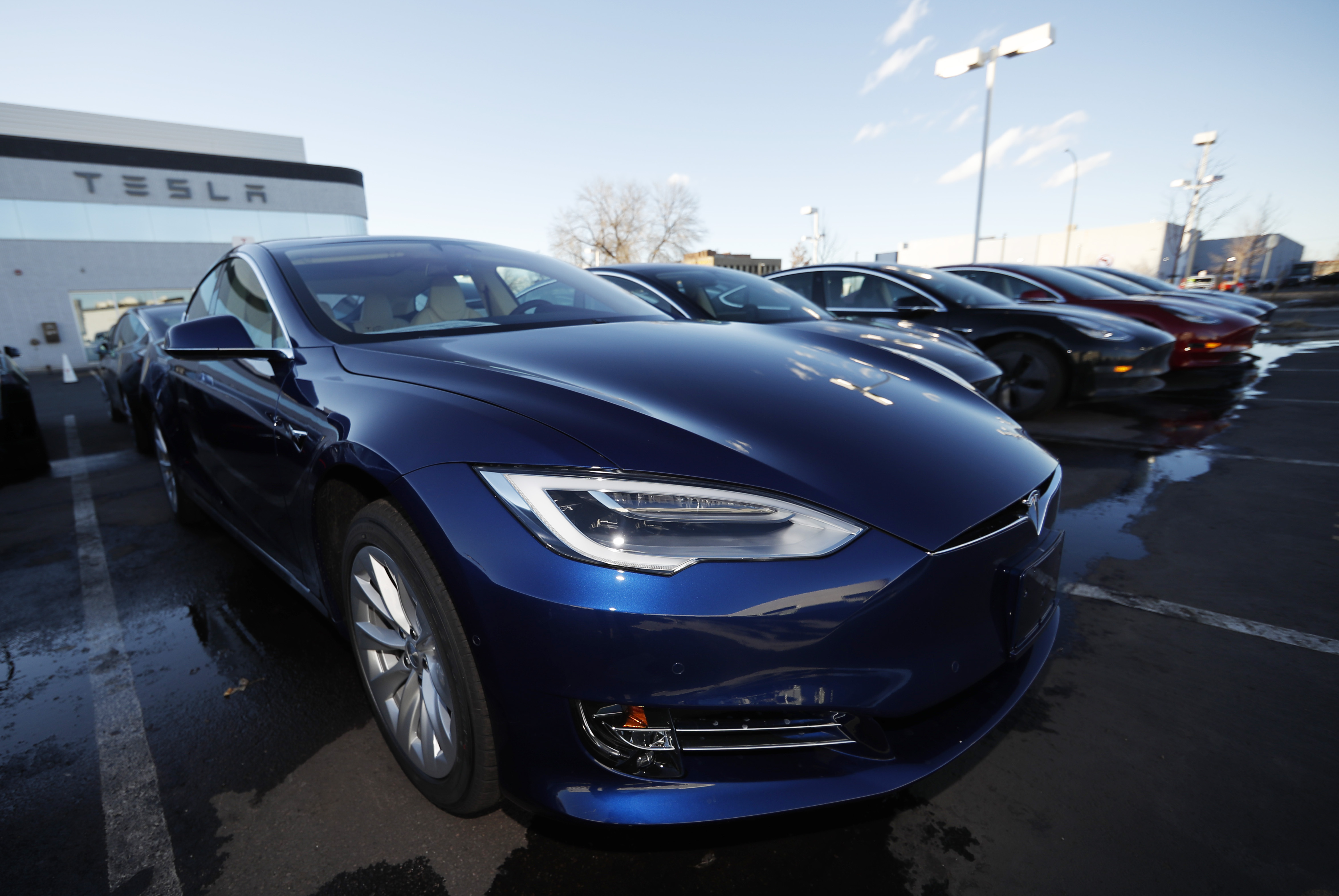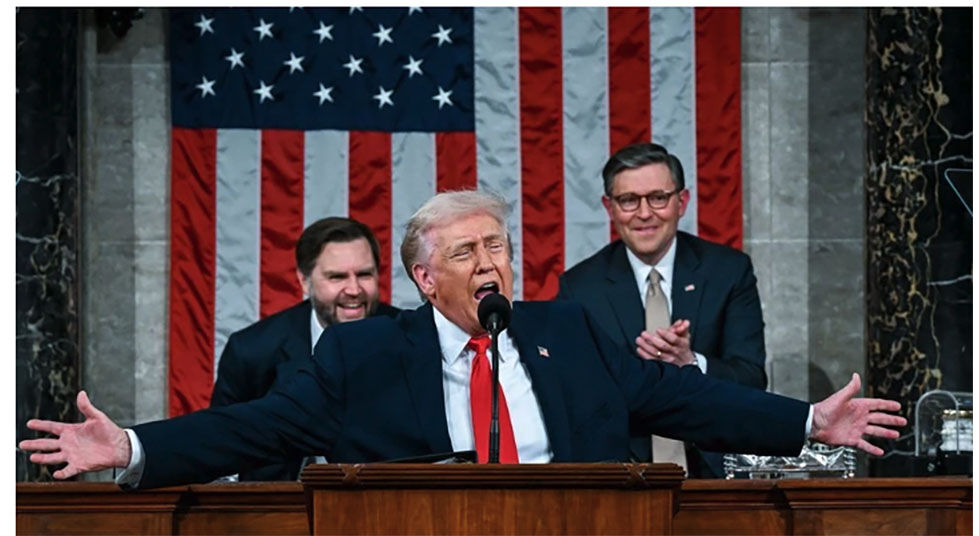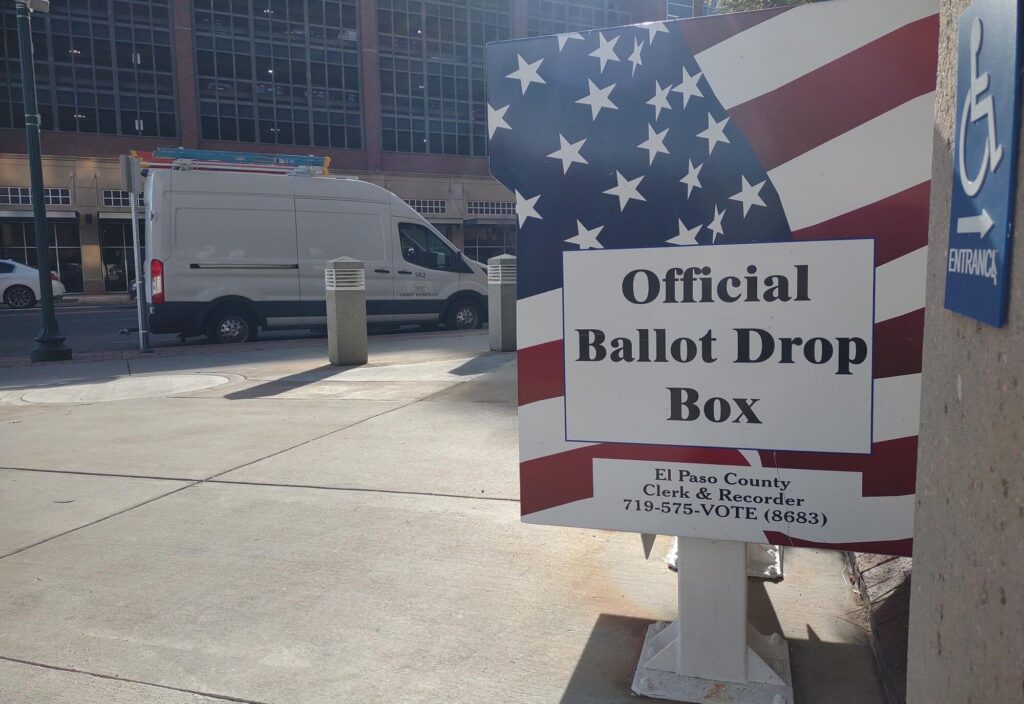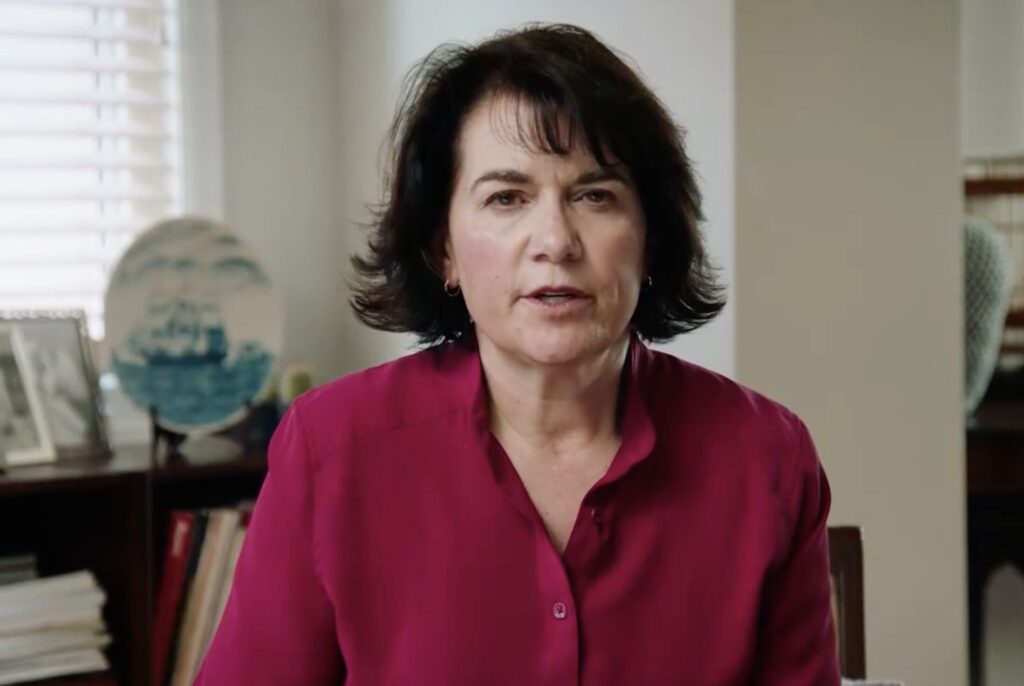Subsidize electric vehicles more, or not at all?

A bipartisan group of members of Congress is pushing to expand how many vehicles from each manufacturer are eligible for federal electric vehicle tax credits, despite opposition from some Republicans who want to abolish the practice.
Since 2008, up to 200,000 vehicles per manufacturer qualify for a $7,500 per vehicle tax credit for electric and plug-in hybrid
vehicles. The subsidy is reduced every six months until entirely eliminated after manufacturers hit the cap.
So far, Tesla Inc. and General Motors have already hit the 200,000 cap, causing a reduction in the tax credit for consumers.
Under the Driving America Forward Act that was introduced in April, an additional 400,000 electric vehicles per manufacturer would qualify for a $7,000 federal tax credit once the 200,000 limit already in place was reached.
“Expanding tax credits for electric vehicles would benefit consumers and our environment,” Sen. Gary Peters, D-Mich., said in a statement. “Continued investment in advanced technologies of the future will help Michigan stay at the forefront of global auto innovation, spur job growth and move us toward a more sustainable and competitive transportation future.”
Peters, along with Sens. Debbie Stabenow, D-Mich., Lamar Alexander, R-Tenn., and Susan Collins, R-Maine, introduced the legislation in the Senate. It has attracted support from 60 organizations including the Alliance to Save Energy, Electric Drive Transportation Association, and the Natural Resources Defense Council.
“These credits accelerate the growth of the U.S. electric vehicle market which helps protect our air and environment
while at the same time boosting American clean vehicle innovation and manufacturing jobs,” Luke Tonachel, director of the Clean Vehicles and Fuels Group at the Natural Resources Defense Council, said in a statement. “We are pleased to see
bipartisan support for these related goals and hope this proposal will quickly pass.”
But the legislation has some competition from other Republicans who want to eliminate the tax credit, which they argue only benefits the wealthy.
In February, Sen. John Barrasso, R-Wyo., revived his effort to wipe out the tax altogether and reintroduced the Fairness for Every Driver Act. Rep. Jason Smith, R-Mo., introduced the legislation in the lower chamber.
Their measure would terminate and repeal the existing tax credits in place for electric vehicles and would instead impose a federal highway user fee on alternative fuel vehicles to bolster the Highway Trust Fund.
“Rural America’s taxpayers shouldn’t be footing the bill for others to drive high-end electric vehicles,” Smith said in a statement in February. “The Electric Vehicle Tax Credit has benefited the wealthy at the expense of everyday Americans just trying to
get by. It’s time to end this wasteful subsidy and help rebuild our nation’s infrastructure by ensuring every driver contributes to improving the roads we all use.”
Historically, groups including the Competitive Enterprise Institute and the American Energy Alliance have opposed any efforts to expand electric vehicle tax credits because they argue “the liability to taxpayers is almost unlimited.”
“At a time of ballooning deficits, Congress should not be piling billions more in future liabilities on our children,” the groups wrote in a letter to Rep. Kevin Brady, R-Texas, in September.
The debate at the national level is echoed in Colorado, which offers a $5,000 tax credit for passenger electric vehicles.
Gov. Jared Polis has encouraged a transition to zero emission vehicles as part of his overall push for a transition to renewable energy. In January, weeks after taking office, he signed an executive order to create an interagency work group to support “widespread transportation electrification across the state.”
Tim Jackson, president and CEO of the Colorado Automobile Dealers Association, at the time objected to favored treatment for electric vehicles, saying: “Colorado’s consumers are … free to choose to purchase electric vehicles that are readily available on the market. Colorado’s consumers do not need the government telling them what vehicles they should buy. Let’s keep car-buying decisions in the hands of our citizens, not unelected California bureaucrats.”













